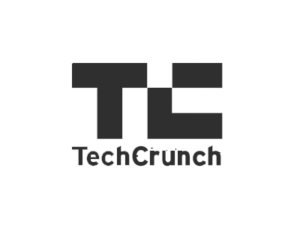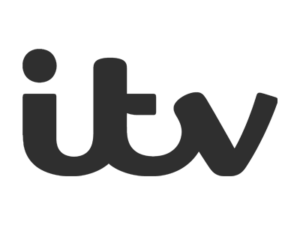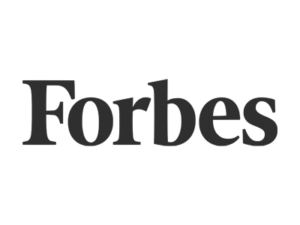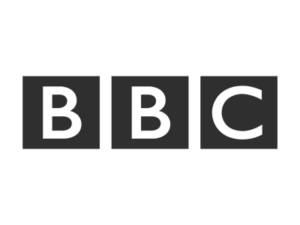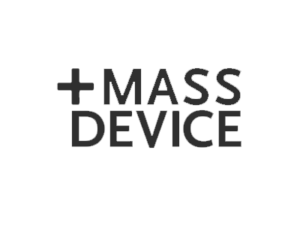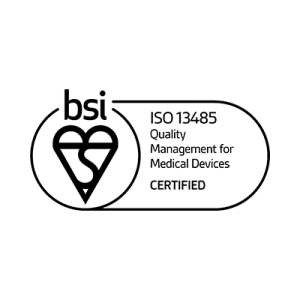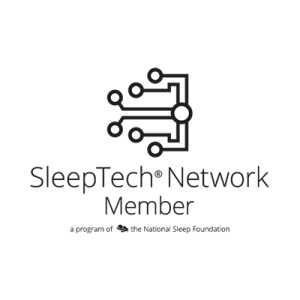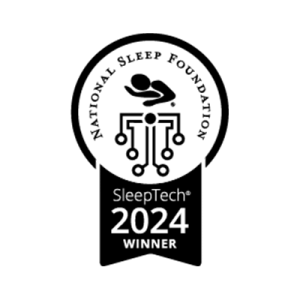These are the start-ups that most impressed Britain’s top entrepreneurs and investors in 2019. There was a technology theme to the selections, while several on our panel of small business champions picked companies, they claimed were tackling some of the world’s biggest problems by treating Alzheimer’s disease and broadening access to education.
Sir Richard Branson, founder of Virgin Group, picks Sustainably
Many of the best ideas are ones that solve a problem and make things easier for people. Loral and Eishel Quinn, the mother and daughter behind Sustainably, have done just that with an app that allows people to donate spare change to charity automatically — by rounding it up to the nearest pound each time they shop.
They realised that charitable giving needed an upgrade; setting up direct debits or rooting around in your bag for spare change were not the easiest ways for people to donate to good causes.
The company, based in Edinburgh and London, is supporting charities large and small — from the British Heart Foundation to animal shelters and charities helping refugees. It is attracting a new generation of philanthropists who want to do good on their own terms. Sustainably doesn’t share your personal details, so you can give with privacy, transparency and control.
The business is part-funded by Virgin StartUp, our not-for-profit organisation, and I’m proud we have committed to funding an equal number of women and men. Gender shouldn’t matter when it comes to starting a business. What is important is the strength of your idea and your determination to make it happen.
Sherry Coutu, entrepreneur and non-executive director, picks Workfinder
Workfinder was run as a project in my Founders4Schools charity for three years, but was spun out in the summer. It is now a for-profit business that connects university students with scale-up companies looking to put together teams for particular projects.
It would be obvious to students that they should apply to, say, Unilever or Google, but there are tens of thousands of applicants for every spot. Workfinder, which has an HQ in Shoreditch, east London, is telling students that scale-ups produce 95% of jobs in the country, and helping them identify the best places to apply. It uses information from LinkedIn, DueDil [a financial database] and Companies House to act as a matchmaker between students and those fast-growing companies. It works for both parties.
My other favourites this year have been Raspberry Pi, which makes affordable mini-computers, and Perkbox, an online platform for boosting employee engagement.
Robin Klein, co-founder of LocalGlobe, picks Cuvva
The insurance industry is broken. Decades of middle-men, jargon, lengthy contracts and confusing quotes have made protecting yourself a chore, and in an era of pay-as-you-go services and subscriptions, there just isn’t a place for such outdated practices anymore.
Founder Freddy Macnamara set up Cuvva in Islington, north London, to take the hassle out of insurance by letting people sign up for only what they need — whether that’s an hour’s cover, a rolling contract or a longer policy. If you’re borrowing a friend’s van to move home at the weekend, or need to use a family car for a holiday, for instance, you can get a quote in seconds via the Cuvva app and it doesn’t require you to add names to existing policies, nor does it involve complex forms.
I love the idea that one of the oldest financial markets in the world is being transformed through products, and an approach to customer service, that really reflect the way people live today.
Vin Murria, entrepreneur and angel investor, picks XCD HR and Taina Technology
My favourite companies are those that form critical requirements in the course of business. Taina has developed technology that helps financial institutions automate their regulatory compliance. It was founded by Maria Scott, a London-based entrepreneur who worked as a tax lawyer for the bank JP Morgan for 12 years. Maria is incredibly driven and motivated and is a great female role model. XCD, based in Cheltenham in Gloucestershire, is a human resources payroll software suite on the Salesforce platform. It is going to be successful, but has taken five years to get where it is. You don’t go from zero to hero in a few weeks.
Stephen Welton, founder and chief executive of BGF, picks Fluidic Analytics and Spoke
The businesses that stand out are those with a great vision and an acute understanding of the market and their differentiators within it.
One is Fluidic Analytics, a Cambridge-based life sciences business. It was set up by a group of scientists who have developed the technology to analyse proteins faster and more accurately than any other technology available. This year, the team celebrated a breakthrough in the treatment of Alzheimer’s disease with its Fluidity One-W system. The impact of the company’s innovation on diagnostics, cancer therapies and organ transplants is potentially huge.
Another stand-out business is the men’s trousers brand Spoke, which is based in Richmond, southwest London. The growth of direct-to-customer channels has made overseas customers more accessible to UK retailers. While the best brands make this look effortless, behind-the-scenes execution takes a huge amount of digital marketing prowess, which Spoke has achieved.
Identifying the gap for a direct-to-customer men’s clothing business, the team are using machine learning to offer customers 10 times more sizes than the average trouser brand.
Alex Chesterman, co-founder of Lovefilm and Zoopla, picks Perlego and Thirdfort
The typical student needs between £500 and £1,000 for educational materials and equipment each year. That leaves disadvantaged students potentially unable to access the materials required to excel in higher education.
Perlego, a digital learning library in London, was created to combat this problem. For only £12 a month — less than the price of a single textbook — Perlego users gain access to more than 250,000 academic and professional books, while the platform allows publishers to recoup revenues lost to piracy and the second-hand market.
Another example of a business solving a real problem is Thirdfort. The process of buying or selling a home hasn’t changed for decades and carries increasing risks for lawyers around compliance and for consumers around fraud. Thirdfort tackles this with a mobile app, empowering lawyers to carry out checks with no need for physical documents. With a photo of the required documents and a selfie, Thirdfort carries out identity and anti-money-laundering checks.
Kerry Baldwin, managing partner of IQ Capital, picks Concirrus and Neurovalens
London-based Concirrus is tackling marine insurance, a 300-year-old industry, using big data, artificial intelligence and machine learning. The premise is that behaviour is a better indicator of risk than the traditional approach, which looks at size, weight and type.
The company has ingested billions of records of data to create predictive models that clearly outperform the market. Concirrus has done for marine insurance what Google Maps did for driving directions and has won customers such as Marsh and Willis Re.
Northern Ireland’s Neurovalens is changing the future treatment of global health epidemics with a non-invasive headset. It combines neuroscience with technology to stimulate the brain’s hypothalamus [which has a vital role in functions such as releasing hormones and controlling appetite] and tackles obesity, insomnia and type 2 diabetes. There has been enormous traction this year, with three products moving into phase three clinical trials. There have been large sales of the consumer headset, Modius, which targets weight loss.
Alex Davies, founder of Wealth Club, picks Aparito and Acamar Films
Two companies we backed this year stand out. Aparito was founded in Wrexham by Elin Haf Davies, a former senior research nurse at Great Ormond Street Hospital, with the aim of solving a poignant problem: many clinical trials — especially involving children — fail because of poor data.
Aparito is Europe’s first company to combine smartphone and wearable technology to record patient data 24/7 and feed it directly into clinical trials. Larger and better data sets could make the difference between success and failure.
Acamar Films is the independent production company behind Bing, the top-rated BBC children’s show. If you have pre-school children, Bing is probably a constant presence in your home. Acamar’s founder, Mikael Shields, acquired the rights to the book character in 2005. He then invested nearly 10 years and considerable sums researching and developing Bing’s world. The first episode aired in 2014 and it is broadcast in about 120 territories. Next stop is America.
James Wise, partner at Balderton Capital, picks Jolt and Zoe
As the skills we need at work change, Jolt provides a highly flexible and much more affordable business school in London and Tel Aviv, letting people learn at their own pace and around their work schedule. It runs classes where experts from companies such as Tesla and Apple stream live talks, teaching everything from Instagram marketing techniques to negotiation skills. It provides the quality of a £25,000-a year MBA at a fraction of the cost.
Founded by a former tech entrepreneur and a leading biologist, Zoe is running the biggest-ever clinical study on twins to truly understand what goes on in our microbiome, the bacteria in our gut and what we can do to change our health.
While big tech companies such as Facebook and Amazon have shown they still have plenty of flaws, we hope companies such as Jolt and Zoe show how technology really can make us all better off.



